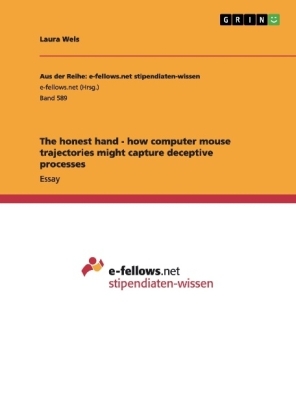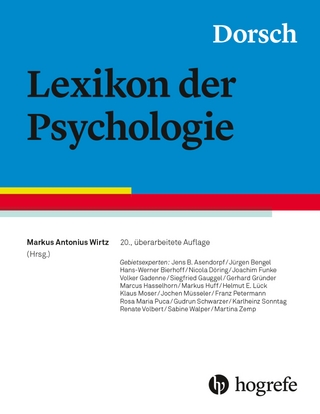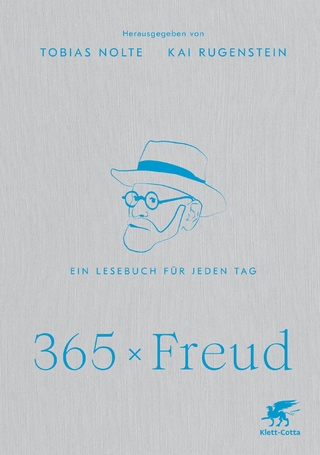
The honest hand - how computer mouse trajectories might capture deceptive processes
Seiten
2013
|
13002 A. 2. Auflage
GRIN Verlag
978-3-656-32930-5 (ISBN)
GRIN Verlag
978-3-656-32930-5 (ISBN)
- Titel nicht im Sortiment
- Artikel merken
Essay from the year 2012 in the subject Psychology - General, grade: 1,2, University of Aberdeen, language: English, abstract: Assuming that motor action might help understanding underlying psychological processes, the current study attempts to identify deceptive behaviour by tracking the dynamics of hand movements during a computer-sorting task. Participants were asked to deceive by pretending that some of the items they "owned" have been paid for even though they were stolen. Analysis of participants' streaming x-, y- mouse coordinates, during decision-making suggested that movement trajectories might indeed reveal underlying cognitive processes during deception. Statistical indicators of curvature and reaction times, including area-under- the-curve (AUC) and maximum deviation (MD) implied that there was as greater cognitive competition during deceptive than during truthful responding. Deceptive responds were made more slowly, with a stronger curvature tendency towards the alternate truthful answer. Non-deceptive responding was associated with shorter reaction times and more linear response trajectories. This supports prior research indicating that action dynamic measures might capture deceptive processes.
| Erscheint lt. Verlag | 3.1.2013 |
|---|---|
| Reihe/Serie | Akademische Schriftenreihe | e-fellows.net stipendiaten-wissen |
| Sprache | englisch |
| Maße | 148 x 210 mm |
| Gewicht | 72 g |
| Themenwelt | Geisteswissenschaften ► Psychologie ► Allgemeines / Lexika |
| ISBN-10 | 3-656-32930-3 / 3656329303 |
| ISBN-13 | 978-3-656-32930-5 / 9783656329305 |
| Zustand | Neuware |
| Haben Sie eine Frage zum Produkt? |
Mehr entdecken
aus dem Bereich
aus dem Bereich


